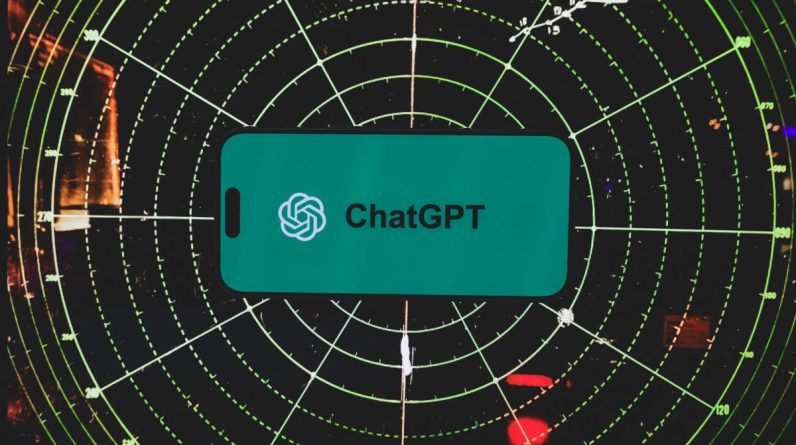For the past few weeks the Writer’s Guild of America has been on strike, and one category of their demands stands out among the rest: barring AI from the writers’ room. It’s easy to see where they’re coming from. Who can fault them for trying to protect writers’ jobs? But yielding to this demand could mean missing out an opportunity to make a leap forward in the creative arts, where AI takes over the drudgery of the formulaic work, freeing up human writers to focus on doing what only humans can do: providing new insight into the human experience, and telling impactful, meaningful, relevant stories.
The WGA’s demands stipulate that AI must be barred from writing literary material where the WGA is involved; that AI cannot be used for source material; and that WGA writing cannot be used to train any AI. This is not the first time we’ve seen a group try to slam the brakes on AI, and it certainly won’t be the last. As AI technology continues to evolve, we will certainly see many jobs eliminated and created. Change is inevitable. But in the case of creative writing, will this change really be a bad thing?
A lot of creative writing involves re-formatting and re-imagining old themes and stories. Who’s ready for another soulless live-action take on a beloved Disney movie that adds little to the story and takes away plenty?
If we let AI take over these re-formatting projects and tasks, it would allow human writers to focus on writing relevant, insightful content. Yes, this will involve eliminating many creative writing jobs, but it could be a great thing for the creative arts.
If that sounds unsympathetic, you should know I myself am the despondent owner of a BA in technical writing that’s growing more useless with every minute that AI exists. People’s livelihood and welfare are a serious matter. Whether they are midwestern factory employees, or white collar workers in LA, citizens’ concerns should not be discounted out of hand. But neither should concerns regarding their short-term welfare blind us to the long-term welfare of our broader society. AI might enable us to create a better, brighter future for the creative arts. That’s something we should be willing to explore.
Creative writing, whether we’re talking about screenplays, novels, comics, or other literary products, often involves less creativity than the term implies. Too often, what’s called creative writing is really just reformatting. A creator takes other written works, and re-shapes them into something that can be understood as ‘new’, but which is really just a re-woven quilt of other people’s ideas and writing. There’s nothing necessarily wrong with this type of writing, and if done properly it can be fun, but it involves many tasks that are not creative in nature, and can easily be done by an AI — hence the fears of the Writer’s Guild.
Consider The Batman comics and movies. The first Batman comic was published in 1939, playing off of other stories of caped heroes, such as Superman, and likely taking inspiration from such figures as Sherlock Holmes. Those comics have run for decades, providing inspiration for all manner of spin-offs and re-imaginations of the caped crusader, including 13 live-action movies, many animated works, as well as many video games, each offering new themes, new adventures, and new angles on the character.
If we take the most recent The Batman movie, released only last year, can we really say that the story is original? The character? The plot? The theme? While we can appreciate excellent acting, cinematography, and visual effects, and can be happy to see a beloved comic put on the big screen (again), can we really say that the writing introduced anything truly new? Did it create anything, or did it merely reformat and re-tell a well-known story and theme, with a few adaptations?
We can appreciate such media for what it is, but it’s not original or particularly insightful. An AI trained on all Batman media could have produced a passingly successful movie script that is on par with The Batman 2022.
So why have human writers at all then? If most creative work is simply reformatting, why not let AI take over, have writers be mere quality-control experts, and let the age of manufactured, soulless, generic, eternally retold and reformatted story-telling begin (or continue, depending on your perspective).
Such a future for writing is neither desirable nor good. Writers still have a critically important role to play, but a far more specialized role than they have previously filled: To find newer, deeper, more relevant insights into the human experience, and leverage what tools they have to tell stories regarding these insights that can inspire, enlighten, and help us. It will surely be a very long time (perhaps an eternity) before AI offers better, more poignant, or more relevant insight into human life than an actual human can. Writers must learn to specialize, and tell truly new and insightful stories, setting themselves apart from and above the inevitable manufactured deluge of “creative” work that AI will generate.
Artificial intelligence forcing narrower specialization in writing will push writers into more relevant roles, which will add to our knowledge of ourselves and our society, and it will improve the consumer experience, allowing those who wish for manufactured media to get it quickly, easily, and cheaply, and those who want something deeper to seek writers who can offer it.
AI will eliminate some writing jobs, but so did the printing press. In destruction there will also be creation, as new opportunities take shape, and our society as a whole reaps the benefits of higher media quality and productivity.
Jeremiah Ludwig is a writer and economist in Washington, DC., and an avid enjoyer of quality entertainment.



